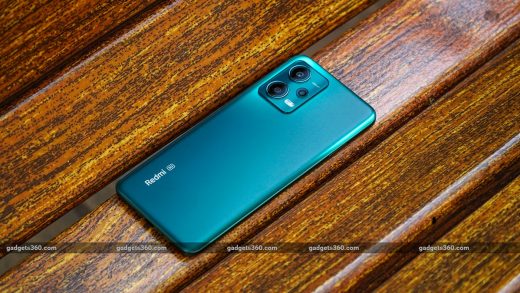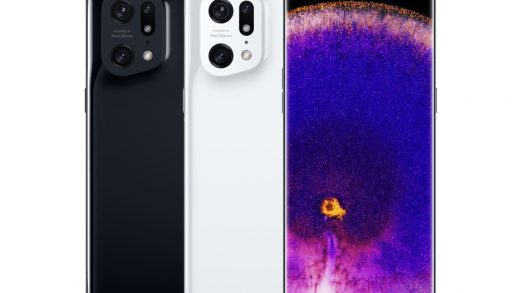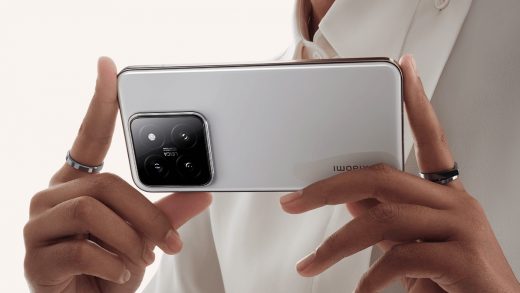:format(webp)/https://www.thestar.com/content/dam/thestar/entertainment/music/2022/10/13/her-brother-forbade-her-to-touch-this-instrument-this-canadian-musician-didnt-listen-now-shes-playing-with-jeff-beck-in-toronto-on-monday/smith_horiz.jpg)
Halifax-born Rhonda Smith, who forged a reputation as one of the most accomplished bass players in the world during a 13-year association with Prince, said she began her career when her brother uttered four words: “Don’t touch this instrument!”
Smith, now backing trail-blazing guitarist Jeff Beck and his special guest, film actor/guitarist Johnny Depp on a tour that stops at Meridian Hall on Oct. 17, said it was an older brother who inadvertently set her on a path that has seen her perform with Beyoncé, Chaka Khan, Erykah Badu and more.
“One of my brothers, who is 15 months older than me, came home one day with an electric bass and told me not to touch it,” recalled Smith, who also holds down the bass chair in TV host Jimmy Kimmel’s studio band.
“That’s when it started.”
Smith, who began on the bass when she was 11 years old, comes from a musical family — an even older brother played trombone and a sister played clarinet — but Rhonda stuck to the four strings, joining numerous garage bands after her parents moved the family to Montréal.
“I remember when I was in Grade 7, I talked the music teacher into letting me bring my bass in to class to replace the ukulele because everybody else played ukulele,” said Smith, who lives in Los Angeles, during a recent phone interview.
Montréal became the city where Smith perfected her instrument, studying at Marianopolis College.
“When you were a music major there, you studied a lot at McGill,” Smith explained. “I was always taking the jazz-band courses. I was lucky enough to get the third bass chair in one of their university jazz bands, reading charts with the big band and working my way up.”
Eventually, Smith was hired to record, perform and tour with some of la belle province’s biggest entertainers, such as Claude Dubois, Daniel Lavoie and Robert Charlebois.
“I was able to work for the best of the best,” she said. “I was very lucky, but I also worked for it too.
In 1994, Smith won a Juno as a member Jim Hillman’s The Merlin Factor for Best Contemporary Jazz Album and two years later was performing at the NAMM (National Association of Music Merchants) trade show with her friend Kat Dyson, of Montréal funk pop band Tchukon, when she met Prince pal Sheila E.
“That was my very first NAMM show with Kat for a Canadian guitar company called Godin Guitars,” Smith said. “That’s how we started running into Sheila. It was our understanding that she was going to be putting together a new band for him. We gave her a tape … Months later, I just got a call from him.”
When Smith joined the star, it was at a crossroads in Prince’s career. A multi-year dispute with his record label over his album catalogue had caused Prince to unsuccessfully attempt to end the relationship by changing his name to an unpronounceable symbol.
Smith worked on his 1996 album “Emancipation” — released on the day Prince’s Warner Brothers contract expired — and ended up sticking around for the next 13 years as a member of the New Power Generation for several albums and tours.
“When I first got with him and through that whole period of ‘Emancipation’ — he was like, ‘Get ready, let’s go!’ We did all the late night/early morning shows at the time including David Letterman and all the morning shows. Seemed like we were going 120 miles per hour.’”
Smith said her time with Prince made her a better musician.
“He was a very tough dude to work with because he knew what he liked,” Smith said. “He had just such a high level of execution.”
“He had a tendency to rub off on you a little bit. Guys like him and Jeff are two incredible, top-of-the-world guitar influences. They’re so different, but equally so talented and unique in what they do.”
While Prince dictated control, Smith said Beck is a little more relaxed with his approach.
“When I work with Jeff, he has more of a tendency to musically say, ‘I trust you. Bring what you bring and do what you do,’” Smith said. “Prince was a little more, ‘Hey, I want you on this song to play these same three notes forever,’ and just lock the groove.
Over the past 22 years, Smith has also ventured into solo-album territory, with projects recorded in 2000 (“Intellipop”) and 2006 (“RS2”) during breaks from Prince, and more recently a pop ballad called “Won’t Come Back,” available via her rhondasmith.com website.
Although she came up during a time when few women enjoyed high profiles as proficient bass players — Meshell Ndegeocello, Gail Ann Dorsey and Montréal’s Melissa Auf der Maur are a few that come to mind — Smith said she’s encouraged by the number of younger women taking up the instrument.
“It is really so wonderful to see so many younger women and girls playing bass and knowing that they can do it and that they’re allowed to do it, that they can just have fun,” Smith said.
“That’s why I always say, ‘you just love it and it will love you back for whatever it is that you may need.’”
Whether she plays the acoustic standup bass, the fretless bass or any four-, five- or six-stringed electric version of the instrument, Smith said it’s the diversity of the many opportunities she’s afforded that keeps her satisfied.
“Regardless of whatever it is you’re doing, variety is the spice of life. You don’t want to keep doing the same thing all the time.”
JOIN THE CONVERSATION



